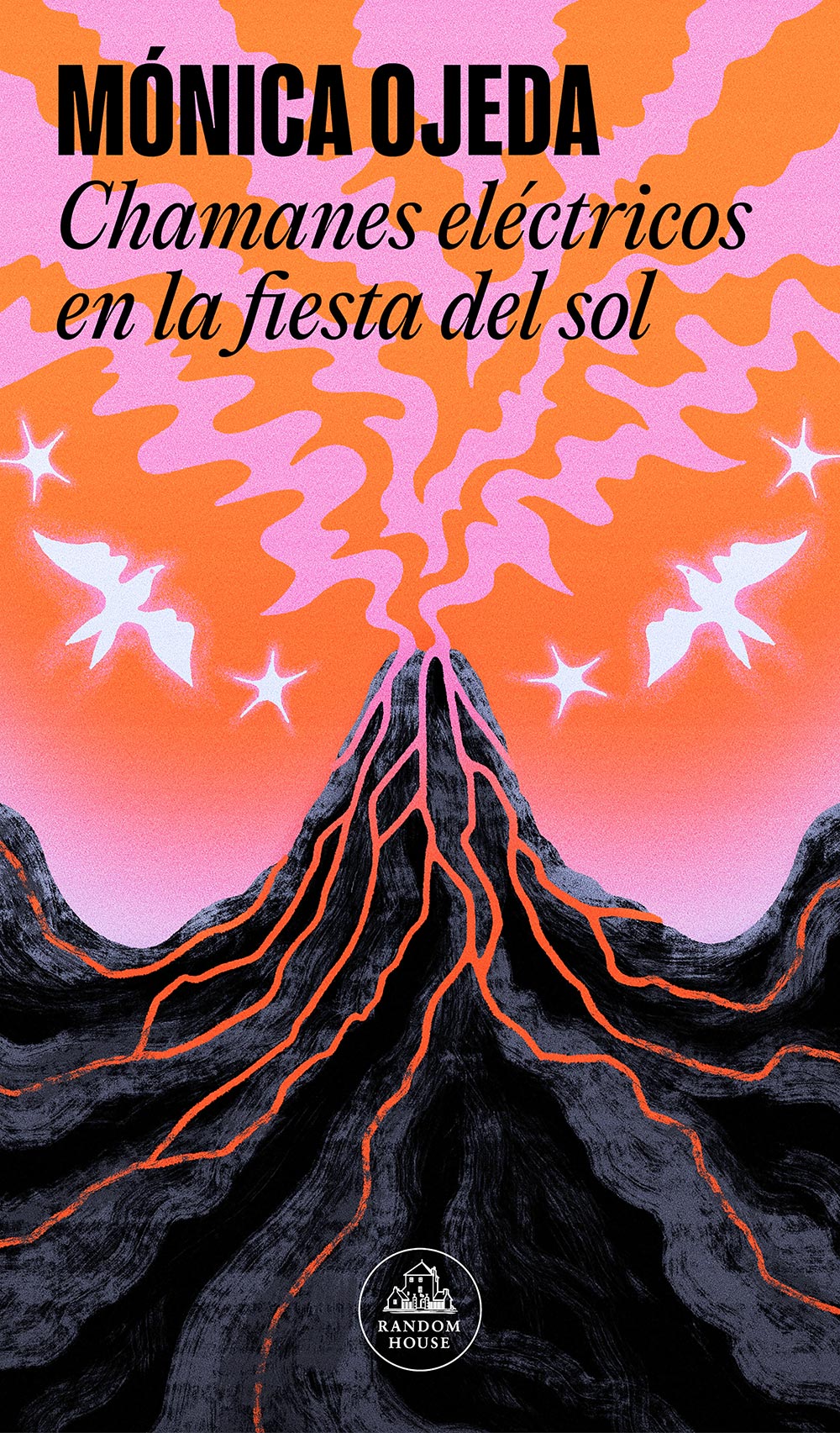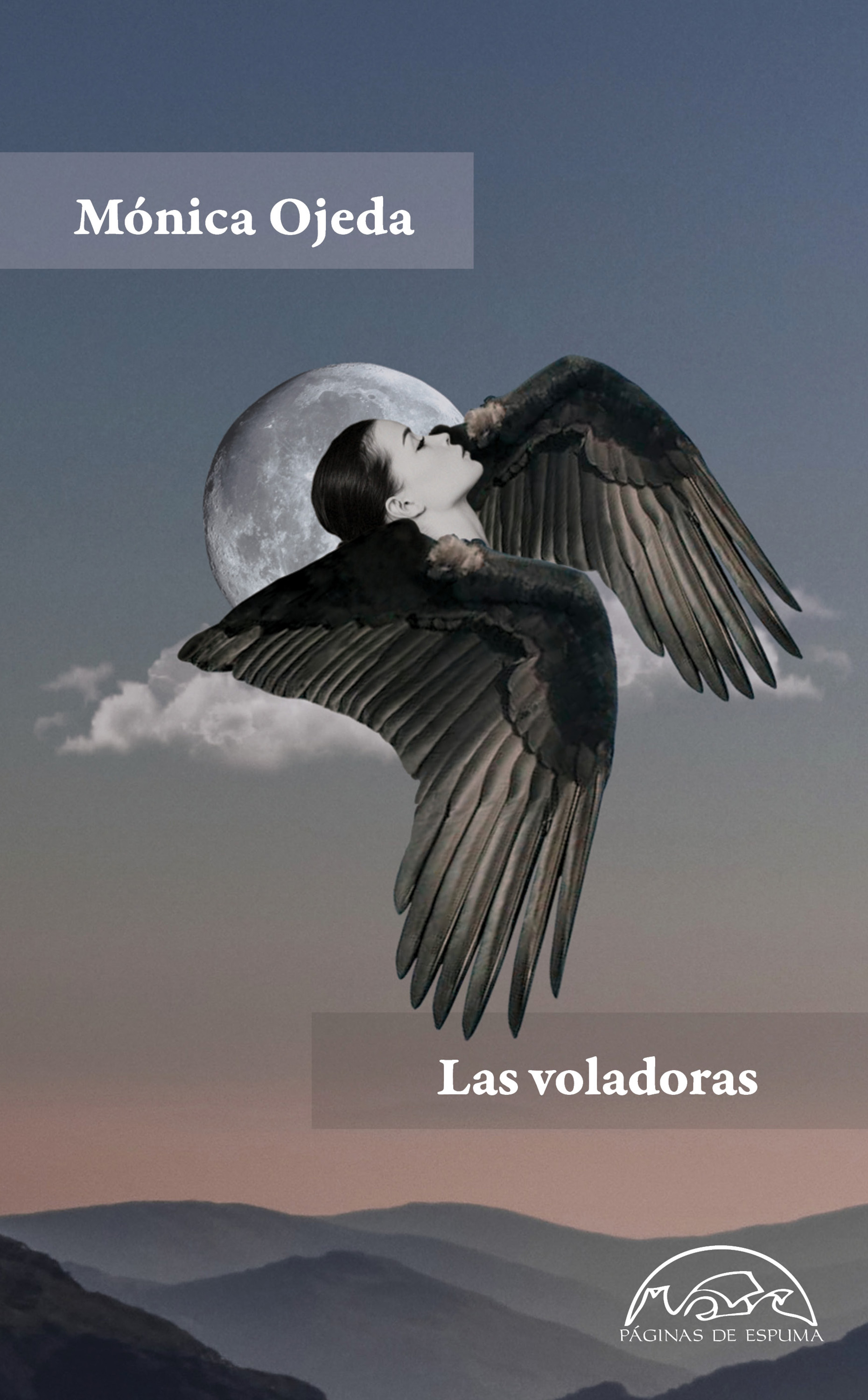
Chamanes eléctricos en la fiesta del sol
Year 5540 of the Andean calendar. Noa decides to escape from her native Guayaquil with her best friend, Nicole, to attend the ‘Ruido Solar’, a popular macro-festival that gathers thousands of young people -musicians, dancers, poets and shamans; for eight days and seven nights each year at the foot of one of the many volcanoes of the Andes.
Families and the violence of the cities are left behind. A hallucinated landscape unfolds ahead, trembling to the rhythm of music and volcanic eruptions under a meteorite-ridden sky.
For Noa this will be the first stop before reuniting with the father who abandoned her as a child and who now lives in the high forests, a territory where the disappeared also hide, those who once climbed to the ‘Ruido’ and never returned to their homes.
Driven by an extraordinary lyricism, a dazzling aesthetic and a brutal sense of rhythm, Chamanes eléctricos en la fiesta del sol is a great mystical journey into the primitive heart of music and dance. A lysergic and emotional journey that is at once a search for a father and a sense of belonging in a world that knows only loss and helplessness.
A shining black sun on the birth chart of contemporary horror. Fernanda Melchor
A literary, aesthetic and emotional strike. Mariana Enriquez
With fear and fascination, this is how I read Mónica Ojeda. As if reading a spell, as if biting into flesh in fear of finding something sharp inside. As poetic, disturbing and brutal. Samanta Schweblin
We already knew that Ojeda is one of today’s most fascinating Latin American writers because of her novels Nefando and Mandíbula. But Chamanes eléctricos en la fiesta del sol is even more ambitious and impressive. Carlos Pardo, El País
One of the fiercest voices of contemporary literature in Spanish. Karina Sainz Borgo, ABC Newspaper
(…) an execution of narrative mastery. Jairo Vargas, Vogue Magazine
(…) she is committed to a disruptive literature from which the reader does not come out unscathed, a literature that touches and provokes at the same time. Antonio Paniagua, Ideal de Jaén
The word emancipated from the text becomes a living being: it touches, rubs, inaugurates, maddens, shudders and shakes us. That is what Mónica Ojeda does in her novel. Karina Sainz Borgo, ABC
An exceptional lyricism and a cosmic ear that captures the most intimate vibrations of words. Silvina Fiera, Página 12, Argentina
(…) literature is also this: delirium, the possibility, while getting lost in bliss, listening and the absence of meaning, which, nevertheless, illuminates new meanings, to open one’s eyes and see in a new way. Letras americanas – Emiliano Monge, El País


